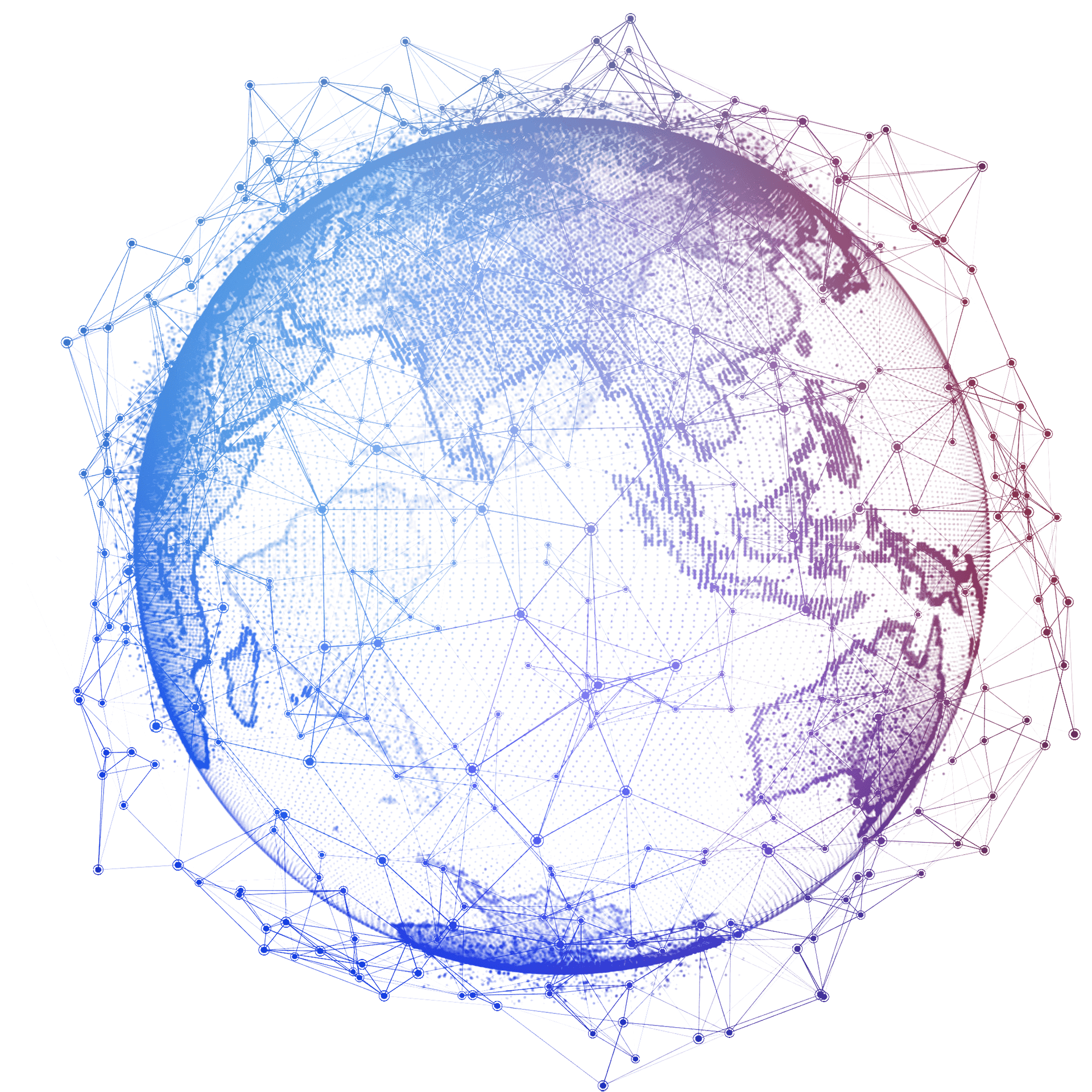AI is reshaping our society. Penn researchers are developing AI algorithms that can be trusted by humans, assessing the societal impact of AI algorithms, and using AI to understand the human condition and how it has changed over time.
2026 Discovering the Future of AI Grant Award Recipients Have Been Announced!
AI and Socio-Political Systems
Sociologists and political scientists use AI models to uncover intricate patterns from complex social data. Penn faculty sift through vast volumes of text from social media, administrative records, interviews, and archival documents to identify shifts in public opinions, emerging cultural trends, divisions in political discourse, or nuances in social changes. Considerations of human ethics and equitable outcomes are a critical part of research and practice in these fields.
People
 Xi Song
Xi Song
 Dan Hopkins
Dan Hopkins
 Philip Tetlock
Philip Tetlock
 John Lapinski
John Lapinski
 Duncan Watts
Duncan Watts
 Yphtach Lelkes
Yphtach Lelkes
 Dolores Albarracin
Dolores Albarracin
 Deen Freelon
Deen Freelon
Where the Work is Happening
 Center for AI and Data Science for Integrated Diagnostics (AI2D)
Perelman School of Medicine
Center for AI and Data Science for Integrated Diagnostics (AI2D)
Perelman School of Medicine
 Center for AI-Enabled Systems (ASSET)
Penn Engineering
Center for AI-Enabled Systems (ASSET)
Penn Engineering
 Data Driven Discovery Initiative (DDDI)
Penn Engineering
Data Driven Discovery Initiative (DDDI)
Penn Engineering
 GRASP Laboratory
Perelman School of Medicine
GRASP Laboratory
Perelman School of Medicine
 Penn Institute for Computational Science (PICS)
Penn Engineering
Penn Institute for Computational Science (PICS)
Penn Engineering
 Penn Institute for Biomedical Informatics (IBI)
Perelman School of Medicine
Penn Institute for Biomedical Informatics (IBI)
Perelman School of Medicine
 Wharton Generative AI Labs
Wharton School
Wharton Generative AI Labs
Wharton School
AI and Justice
AI simultaneously holds promise and generates concerns for its role in the justice system. It may help find missing children and identify perpetrators and at the same time exacerbate disparities or increase the risk of wrongful arrests. Penn researchers are using AI to reduce error rates in forensic toolmark analysis. They are studying misidentification rates in facial recognition algorithms when used on realistic law enforcement images. Machine learning forms a foundational component of common methods used for investigating and monitoring racial bias in policing due to innovations by Penn scholars. AI also is fundamental in establishing performance benchmarks for police, prosecutors, and judges and can identify critical outliers, such as excessive use of force, race disparities in charging, and over-reliance on incarceration.
Networks
Complex networks are ubiquitous: in our bodies, in nature, and in social media. Advancements in ML and AI have improved our ability to infer the structure and interactions across these networks and thus better understand how they function. How do blood vessel networks optimize the flow of nutrients through blood vessels in mammals, and what can we learn from rivers, leaves, and other networks? How do social networks shape language, and how does language shape social networks? How do network structures and decision mechanisms interact to shape the transmission of disease in human populations or the spread of gang violence through social media? AI has aided advances in these questions and in fact, the broader study of animals in natural settings using continuous videography, an entirely new approach enabled by deep learning.
Policy, Ethics and Governance
Ethical policies and governance frameworks are needed to address the impact of AI on consumers, society, and (more broadly) the digital economy. Our faculty experts advise on Responsible AI within governmental bodies, focusing on the economic and social implications of technology. Their work ensures that AI integration into policy and governance is done responsibly, benefiting society at large.
AI in Context
Scholars from diverse disciplines, including historians of science, political scientists, and sociologists, seek to understand humanity’s historical, contemporary, and possible future relationships with artificial intelligence. From medieval automata to our modern workforce, what has been our relationship with AI in the past and what might it become in the near future? What will be the social impact of AI and how is it already reshaping social inequality, national security, and international relations?
Trustworthy AI
Researchers at Penn are developing robust, reliable, and ethical artificial intelligence systems. This interdisciplinary effort brings together leading experts in AI, machine learning, and ethics, whose research encompasses algorithmic fairness, adversarial robustness, formal verification, interpretability, and the societal impact of AI. Their shared goal is to create AI systems that are not only powerful but also transparent, accountable, and aligned with human values, ensuring safe and effective integration into society.
Education
Research into AI and education has the potential to develop personalized, scalable, and data-driven learning solutions that can improve educational outcomes and accessibility for diverse learners worldwide. Penn faculty explore the use of artificial intelligence to enhance learning, teaching, and administrative processes. This includes developing adaptive learning systems, personalized learning platforms, and intelligent tutoring systems. Researchers also investigate AI’s role in automating tasks like grading and providing data-driven insights for educators. The goal is to create more effective, inclusive, and accessible educational experiences through advanced technology.






















































